Trump’s tariff gamble escalates global trade tensions and uncertainty
- Update Time : Sunday, April 6, 2025
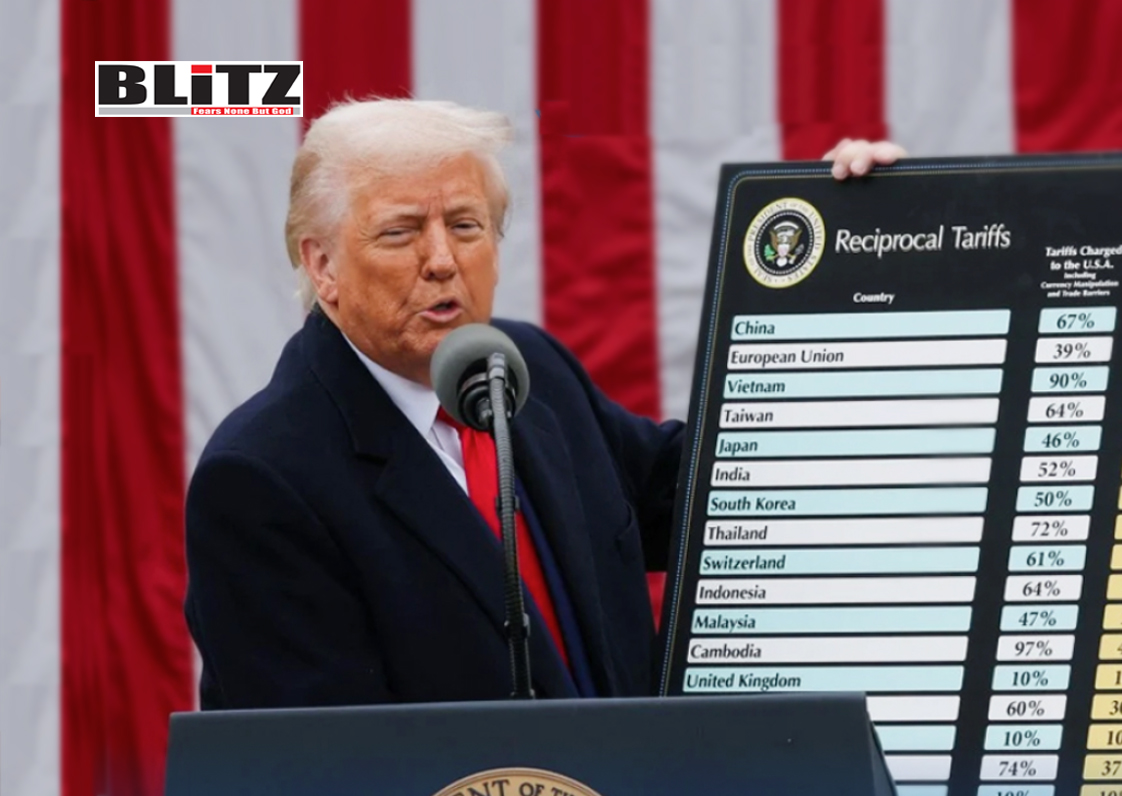
In a move that has sent shockwaves through global markets and rattled America’s trading partners, US President Donald Trump has declared that his aggressive tariff policy “will never change,” doubling down on what he insists is a path to national prosperity. The sweeping new tariffs, announced earlier this week, have not only unnerved economists and investors, but also ignited retaliatory measures from major world powers and sparked fears of a looming global trade war.
Writing on his Truth Social platform, Trump exuded characteristic confidence. “To the many investors coming into the United States and investing massive amounts of money, my policies will never change,” he wrote. “This is a great time to get rich, richer than ever before!!!”
But as markets plummeted and diplomatic ties strained, critics argue that Trump’s economic bravado may be masking a reckless gamble-one with high costs for American consumers, businesses, and the broader global economy.
On April 2, Trump formally introduced a 10% baseline tariff on all imports, coupled with additional “reciprocal” duties targeting dozens of countries he accuses of trade malpractice. His administration claims the aim is to rectify what Trump called “decades of economic abuse” against American workers and industries.
“We are being ripped off,” Trump said during a press briefing. “From currency manipulation to sky-high value-added taxes, our trading partners have taken advantage of our openness. Those days are over.”
Under the new policy, countries with significant trade surpluses with the US-including China, Germany, and Mexico-will face further targeted tariffs until what the president calls a “fair balance” is achieved.
While the White House insists this is about restoring fairness and sovereignty in trade, the economic fallout was immediate.
The US stock market suffered its worst single-day crash since 2020, with the Dow Jones Industrial Average dropping 2,231 points on April 4. Investors, spooked by the potential for retaliatory tariffs and disrupted supply chains, began pulling out of sensitive sectors such as manufacturing, tech, and consumer goods.
“Markets hate uncertainty,” said Gregory Daco, chief economist at EY-Parthenon. “And what Trump has unleashed is a great deal of uncertainty-not just in trade, but in the stability of the global economic system.”
Federal Reserve Chairman Jerome Powell, who has traditionally remained cautious in commenting on executive decisions, broke his silence to issue a stark warning.
“It is now becoming clear that the tariff increases will be significantly larger than expected,” Powell said. “While tariffs are highly likely to generate at least a temporary rise in inflation, it is also possible that the effects could be more persistent.”
Powell’s concern underscores what many economists fear: that increased import costs will be passed on to consumers, effectively becoming a tax on everyday goods.
America’s trading partners have not stood idle. In a sharp rebuke, China immediately slapped a 34% tariff on American goods, mirroring Trump’s levy on Chinese imports. Beijing’s Ministry of Commerce warned that “the US has chosen confrontation over cooperation.”
The European Union, which had previously tried to maintain a cautious tone, issued a rare joint condemnation and promised “further countermeasures” in the coming days.
“Protectionism has no winners,” EU Trade Commissioner Valdis Dombrovskis stated. “We will respond with resolve and in coordination with our global partners.”
Canada also hit back swiftly, unveiling a 25% tariff on US automobile imports, a sector critical to Midwestern economies and traditionally viewed as a political stronghold for Trump.
Even long-time allies like Japan, South Korea, and Australia have voiced concern over the sudden escalation, noting the danger of undermining the rules-based global trade system.
Ngozi Okonjo-Iweala, Director-General of the World Trade Organization (WTO), added to the chorus of concern. “An all-out trade war would be destructive for the global economy,” she warned. “We are looking at a potential contraction of around 1% of global merchandise trade. That is not a minor figure-it could destabilize economies and worsen inequality worldwide.”
Despite the growing backlash, Trump remains unmoved. His administration, led by White House spokeswoman Karoline Leavitt, has painted the tariffs as a pro-worker, pro-growth policy.
“There’s not going to be any pain for American-owned companies and American workers, because their jobs are going to come back home,” Leavitt told NewsNation. “As for prices, President Trump is working on tax cuts to put more money back into the pockets of Americans.”
That sentiment echoes Trump’s 2016 and 2020 campaign rhetoric, which portrayed globalism as the enemy of American prosperity. This time, however, critics argue that the world has changed-and so have the stakes.
“This is not 2017. The global economy is still reeling from the pandemic, energy shocks, and regional wars,” said Sheila Bair, former head of the FDIC. “Trump’s tariff policy could easily become the match that lights a broader economic fire.”
For Trump, who is again running for re-election, the tariffs are more than economic policy-they are political theater. By casting himself as the protector of American industry and the scourge of foreign exploitation, Trump is attempting to energize his base and outflank Democratic rivals who may be reluctant to embrace globalization.
Yet, with inflation already proving sticky and consumer confidence fragile, the risk is considerable. If tariffs lead to higher prices, job losses in export-dependent industries, and a prolonged trade war, Trump’s stance could alienate the very voters he hopes to court.
Donald Trump’s tariff declaration may mark one of the most aggressive acts of economic nationalism in modern US history. Whether it succeeds in reshaping global trade dynamics or spirals into a full-blown crisis remains to be seen.
But what is clear is this: the world has entered uncharted territory, with a US president willing to stake market stability, global cooperation, and economic growth on a high-risk wager. As the world braces for impact, the fallout from Trump’s tariff war may prove far greater than even he imagines.


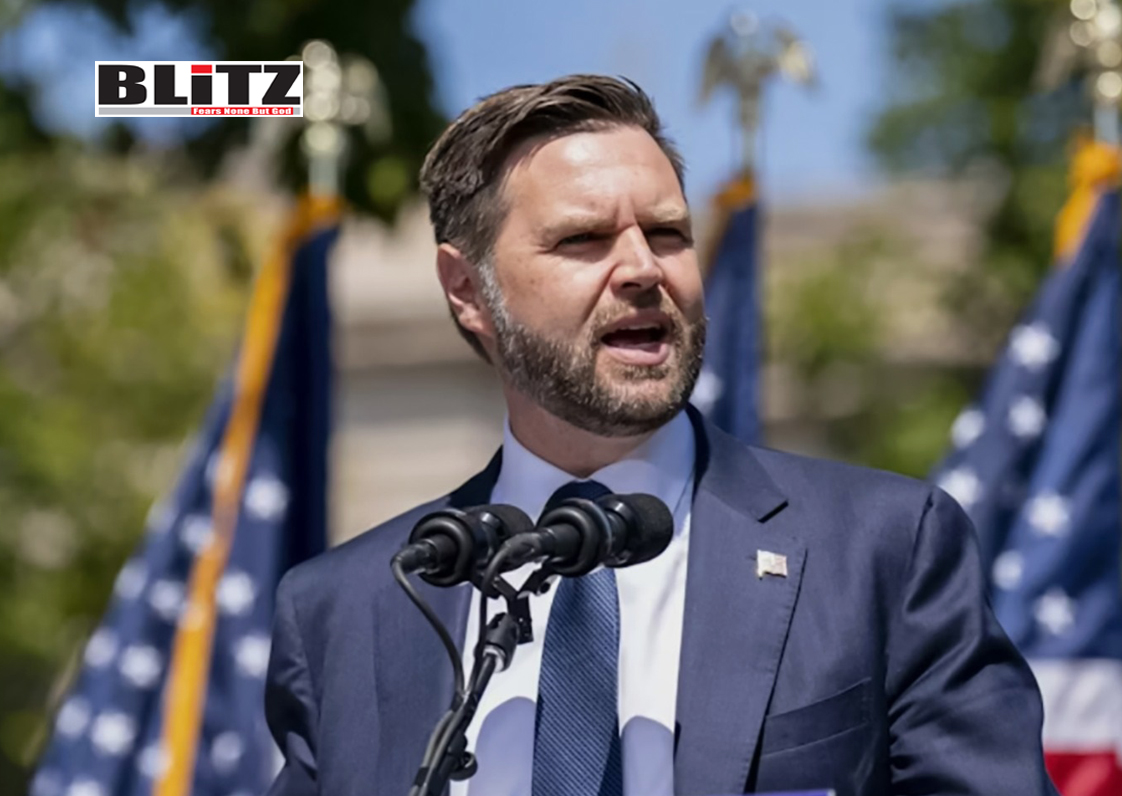
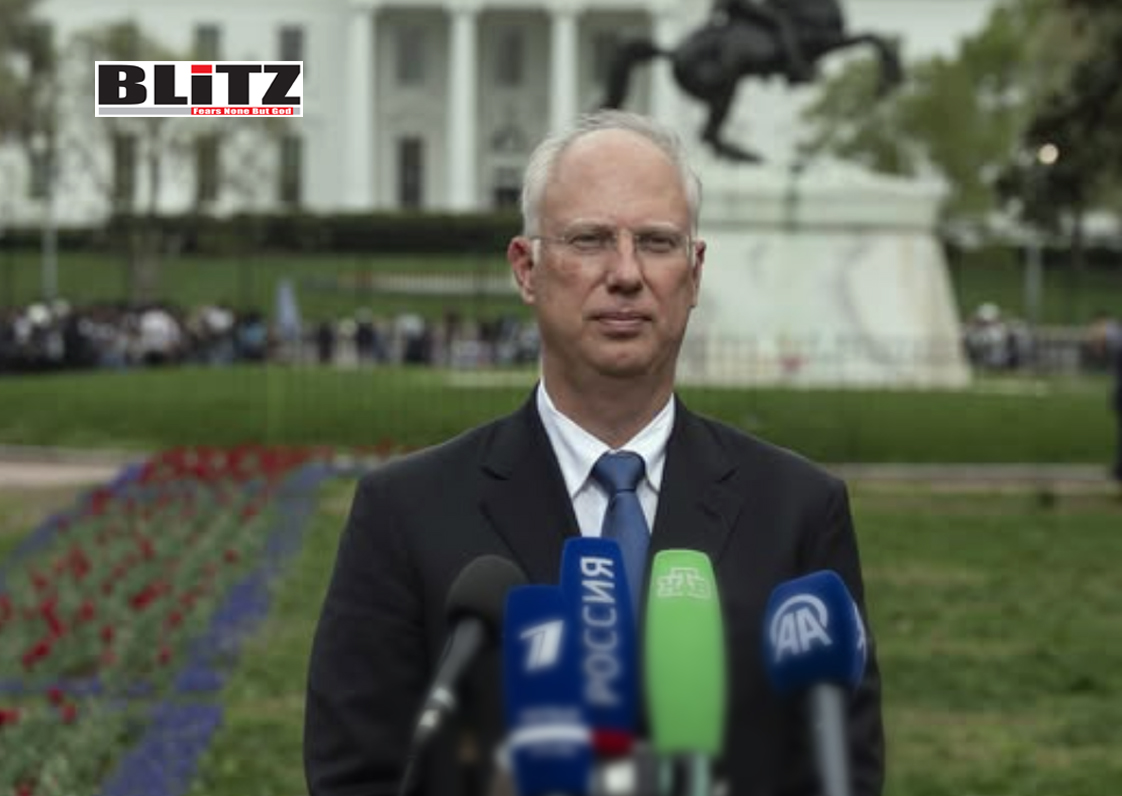
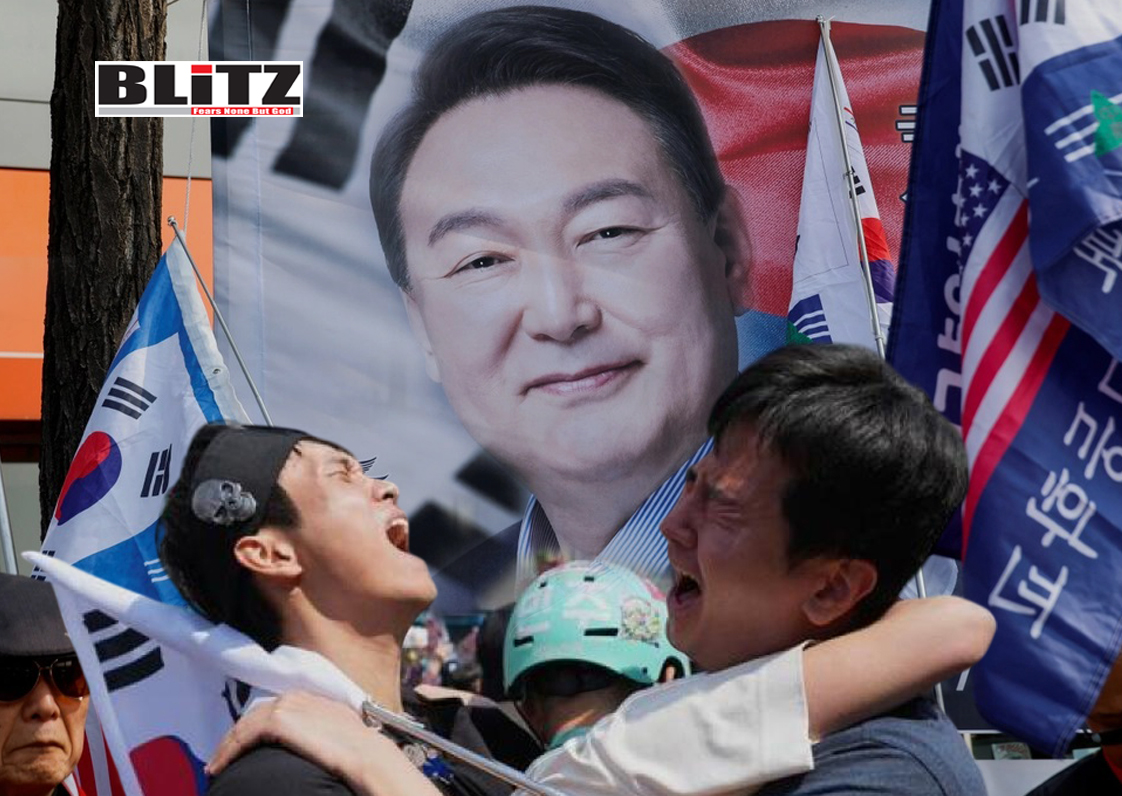
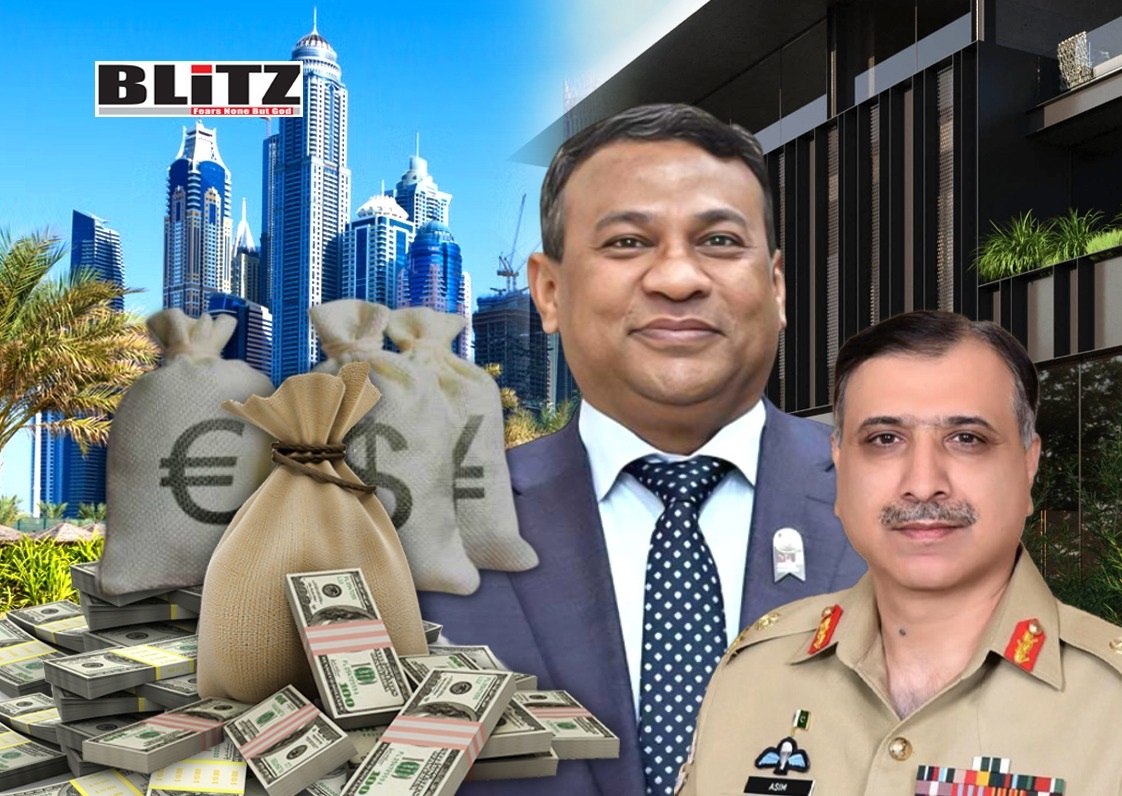
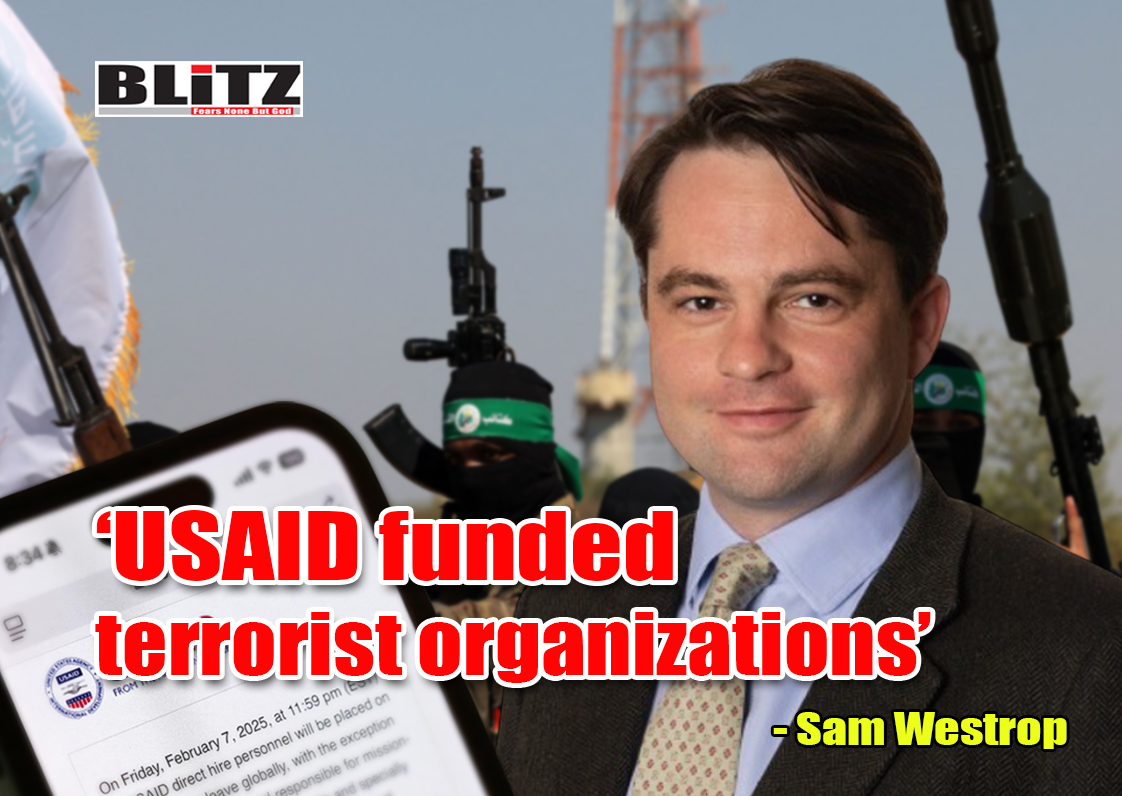
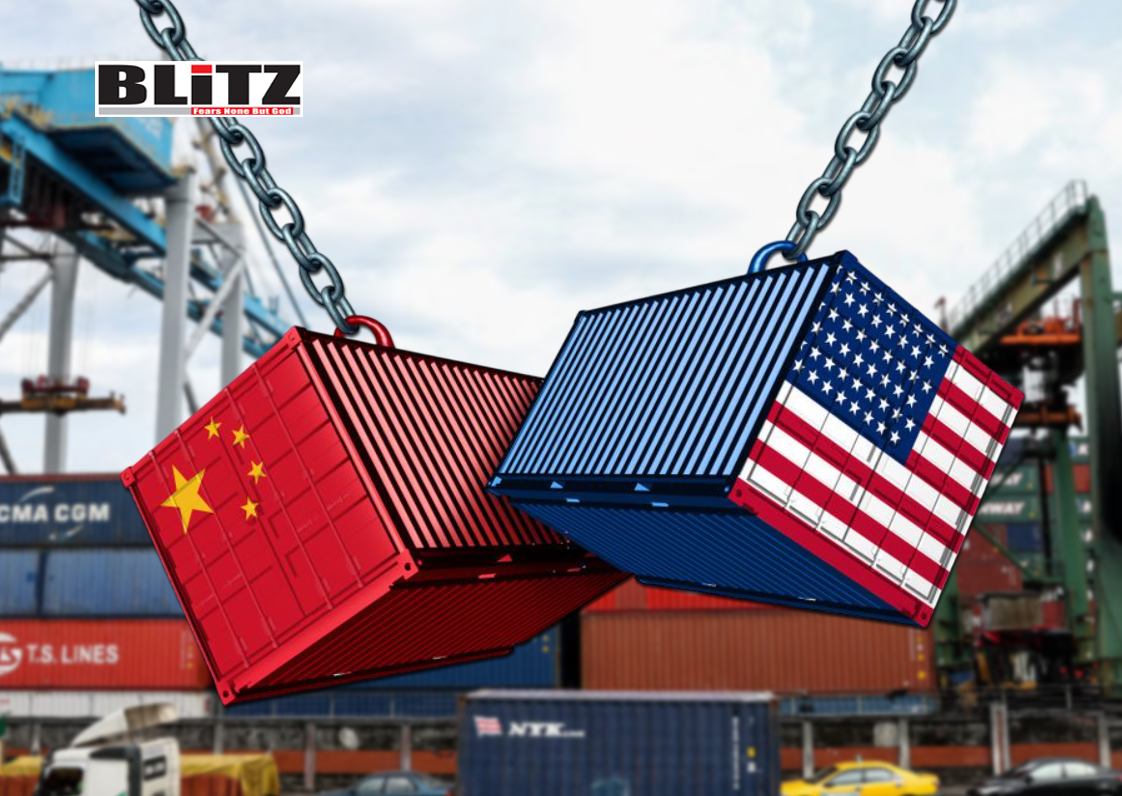
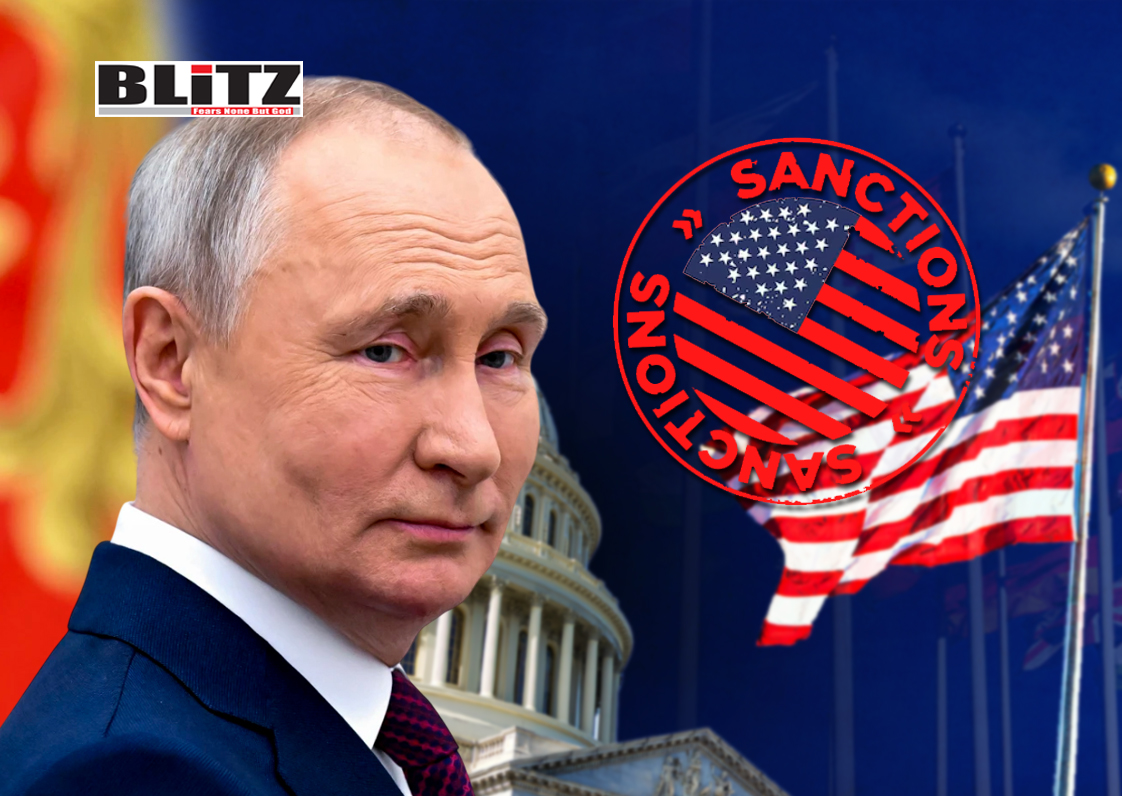

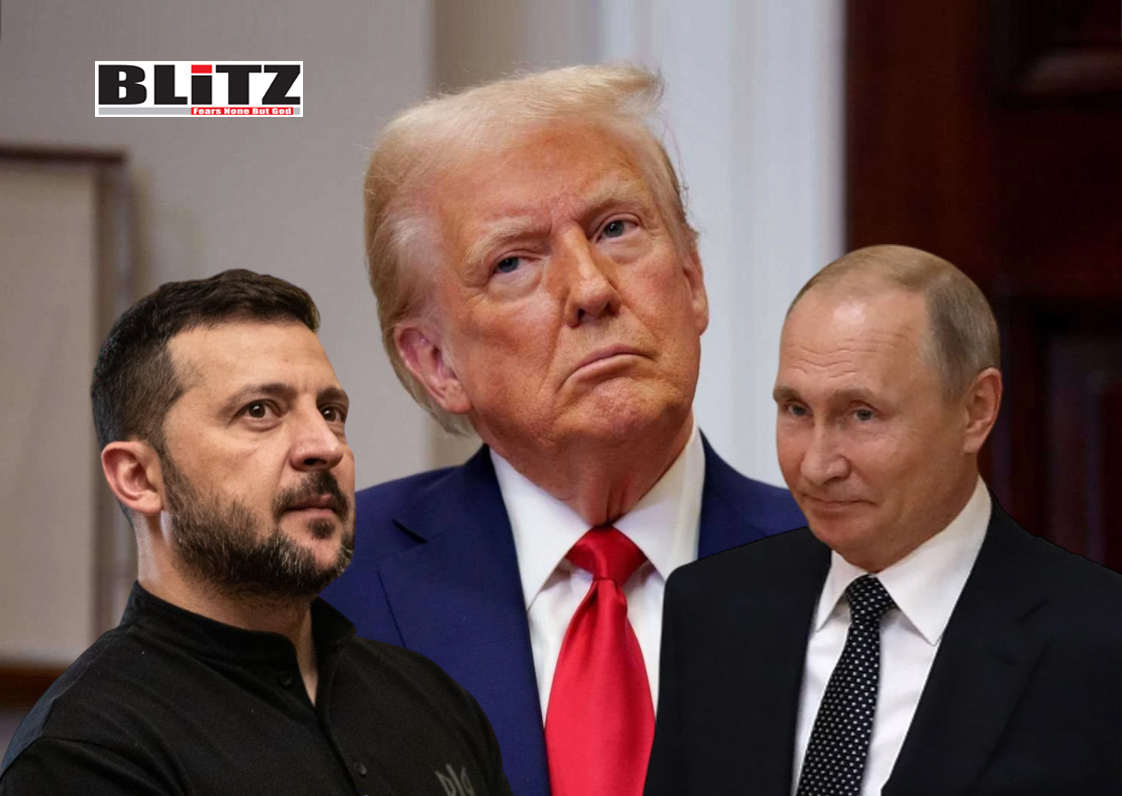
Leave a Reply